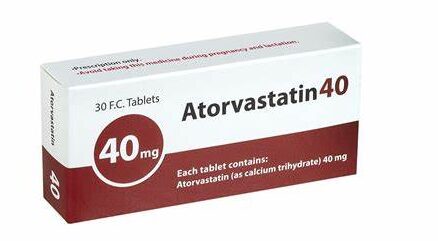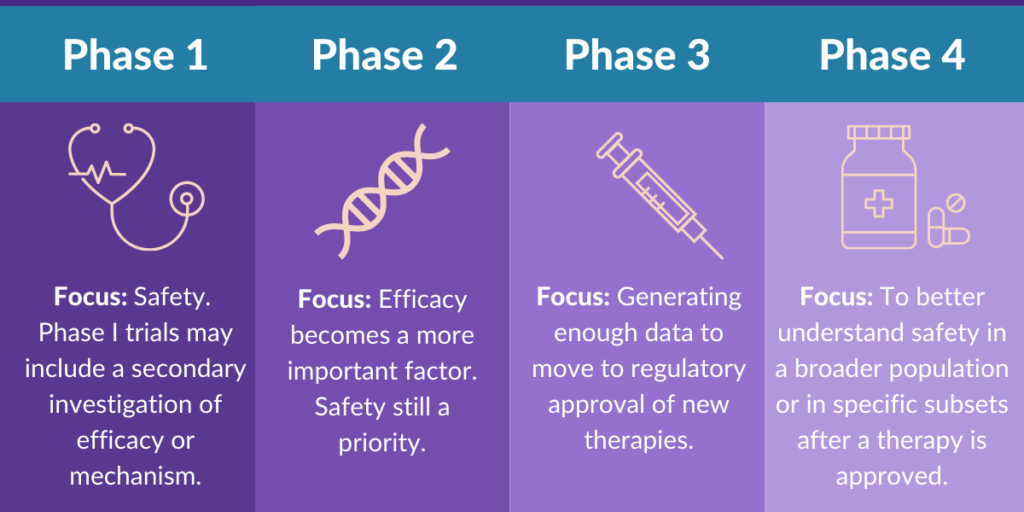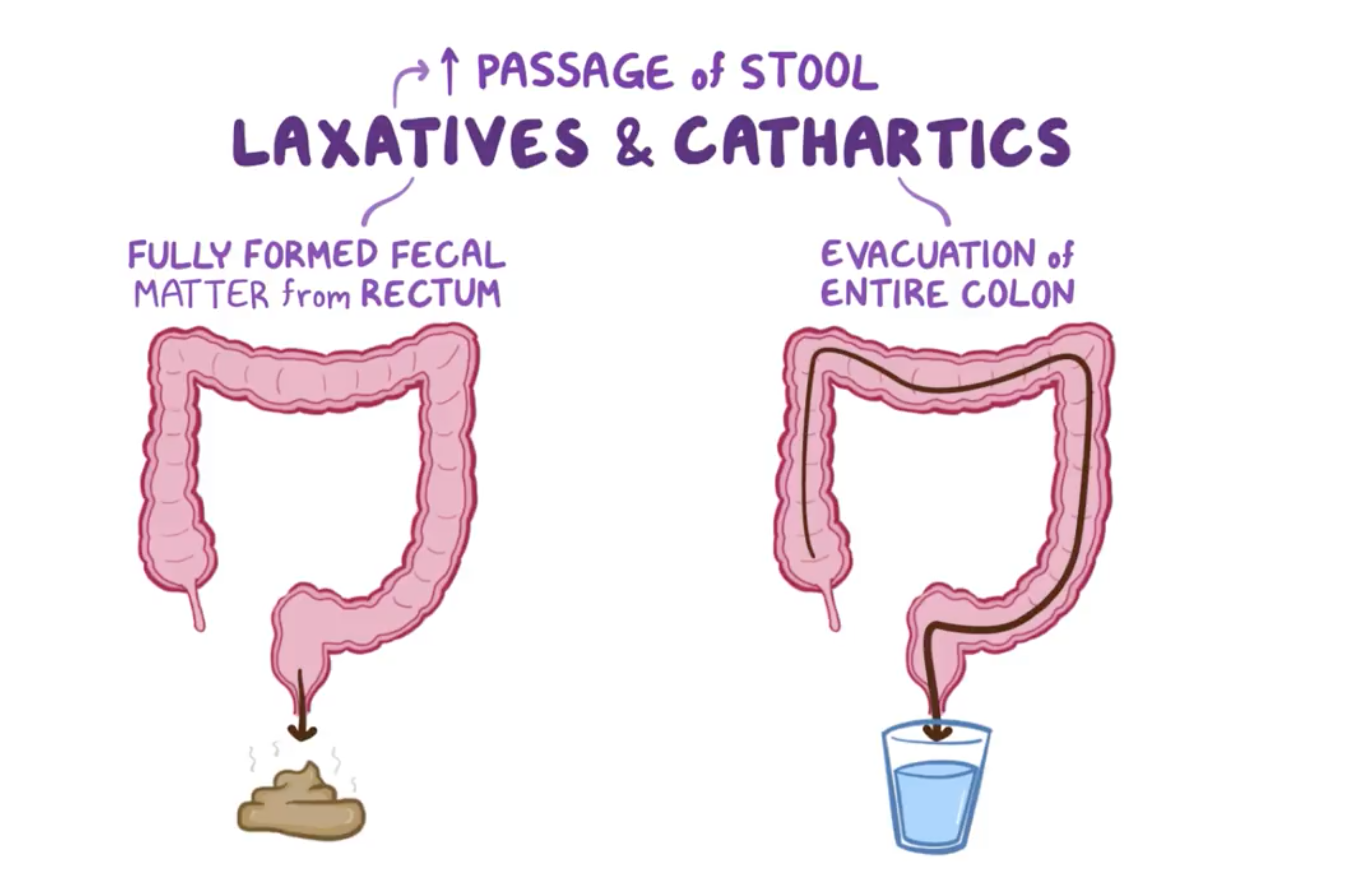The Importance of Zinc in the Human Body Zinc is a vital mineral that plays a crucial role in many of the body’s physiological functions. Although required in relatively small amounts, it has a significant impact on immune function, protein synthesis, wound healing, and DNA synthesis. Zinc is present in every cell of the body…
Category: drug profile
A drug profile typically includes the following information
- Chemistry: Details about the chemical composition of the drug.
- Pharmacology: Information about how the drug works in the body.
- Synthesis and precursors: How the drug is made and its building blocks.
- Analysis: Techniques used to identify the drug.
- Physical form: Whether it’s a powder, tablet, etc.
- Mode of use: How the drug is ingested (e.g., swallowed, snorted, injected).
- Clinical efficacy and tolerability: How effective and safe the drug is.
- Qualitative testing: Used to monitor medication compliance and detect undisclosed drug use.
Lisinopril: Uses, Side Effects, Interactions, and Contraindications Lisinopril is a medication that is taken orally, that belongs to a class of drugs named as angiotensin-converting enzyme (ACE) inhibitors. It is commonly prescribed for managing high blood pressure (hypertension) and treating heart failure. Additionally, it may be used after a heart attack to improve heart function…
Introduction to Atorvastatin Atorvastatin is a widely prescribed medication belonging to a class of drugs known as statins. Statins are primarily used to lower cholesterol levels in the blood, reducing the risk of heart disease, stroke, and other cardiovascular problems. Drug Type: Atorvastatin is classified as a HMG-CoA reductase inhibitor (also called a statin). It…
Amoxicillin Amoxicillin is a widely used antibiotic in the penicillin class of medications, known for its effectiveness in treating bacterial infections. Developed in the 1960s, it has become a staple in the medical field due to its broad-spectrum activity and relatively low toxicity. As an oral medication, it is used to treat a variety of…
Cefixime: Drug Class, Uses, Side Effects, Dosage, Interactions, and Warnings Cefixime is an antibiotic medication belonging to the class of third-generation cephalosporins, commonly used to treat a variety of bacterial infections. As an oral cephalosporin, it is favored for its effectiveness against a wide range of gram-negative and some gram-positive bacteria. In this article, we…
How New Drugs Are Developed: The Journey from Discovery to Approval How new drugs are developed? The development of new drugs is a complex, multi-phase process that involves years of research, testing, and regulatory oversight. Each stage in the process is designed to ensure that new medications are safe, effective, and ready for widespread use.…
Title: Understanding the Keto Diet: Benefits, Risks, and Tips for Success Introduction The ketogenic (keto) diet has gained significant popularity in recent years, touted as an effective way to lose weight, improve mental clarity, and even manage certain health conditions. This article will explore the principles behind the keto diet, its potential benefits, risks, and…
During pregnancy, it is important to be cautious when using medications, as some drugs can pose risks to the developing baby. However, there are certain medications that are generally considered safe during pregnancy. These medications are often categorized based on their safety profile, and it’s crucial to consult with a healthcare provider before taking any…
Introduction Constipation is a common gastrointestinal tract problem that affects millions of people worldwide. It refers to infrequent, difficult, or painful bowel movements, often accompanied by a feeling of incomplete evacuation. While constipation is typically a temporary condition, it can become chronic in some individuals. How to treat constipation? A variety of treatment options are…
Click for the YouTube link What Are Vitamins? Vitamins are essential organic compounds that our body needs in traces or small amounts to work properly. These nutrients play a critical role in various bodily processes, including immune function, energy production, and cell growth and repair. Since the body cannot produce most vitamins naturally (or in…








